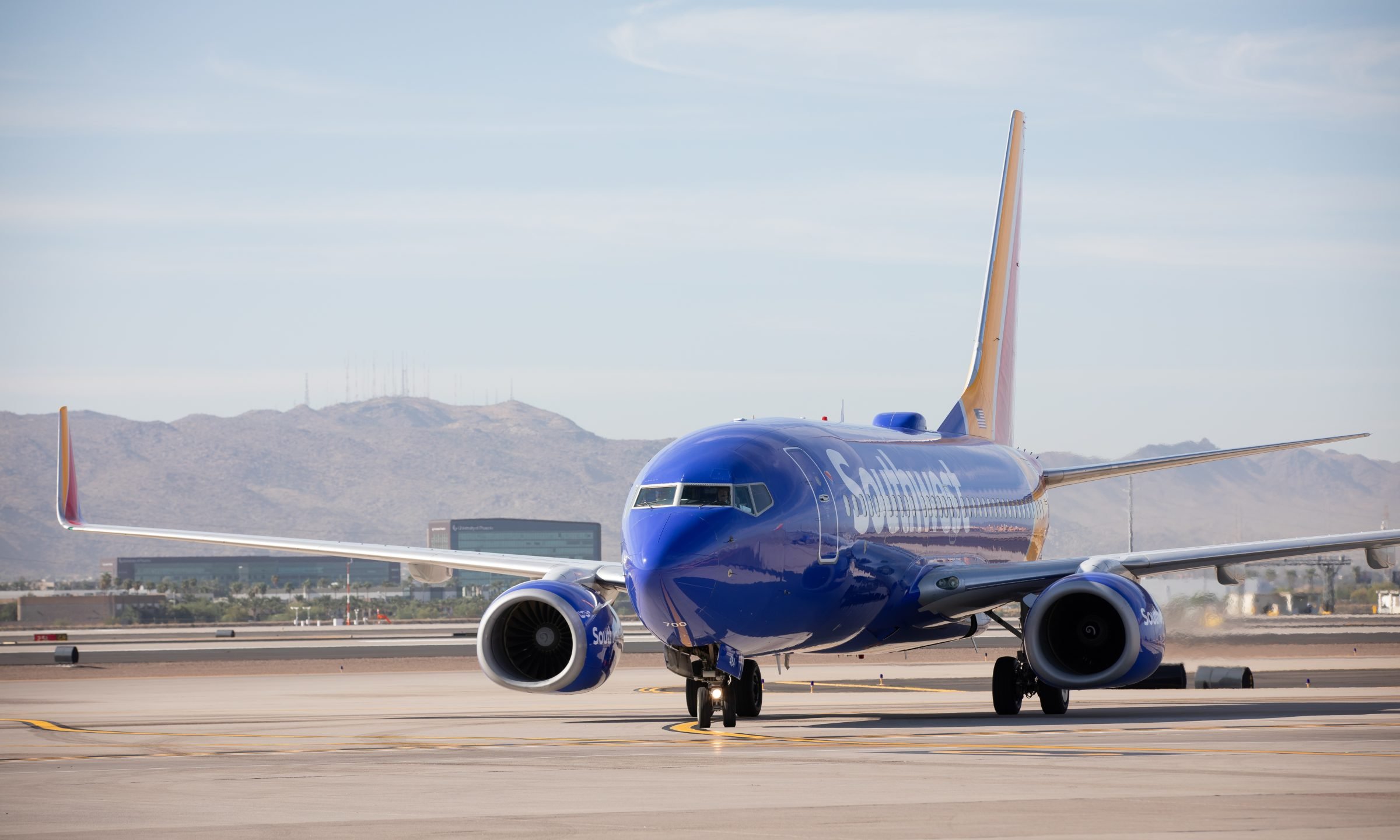
Emergency evacuation insurance is a great way to ensure you are well protected while you're abroad. These policies can cover the cost of medical evacuation as well as bedside-to-bedside air transport. If you need it, they can also cover medical repatriation back to your country. The best part? There's no claim form required or any cap on transport costs. The only thing you have to do is to pay a monthly membership charge.
Prices
It's clear why insurance is so important when it comes to emergency evacuation costs. Medical evacuation costs average around $25,000 in North America and $100,000 internationally. It is possible that you could be in an unreliable area.
There are many different types of emergency medical evacuations. Some are medically required and require a flight to an emergency hospital. In these instances, insurance policies that provide emergency evacuation benefits might cover the cost for airlifting you into a hospital.
Benefits
Insurance that provides emergency evacuation coverage can provide cover in case of an emergency. In some situations, the insurance can assist you in getting to a nearby facility for treatment. The insurance does not cover flights. To find out more, check with your insurer.

Emergency medical evacuation insurance is important for travelers. If you get ill abroad, you may need to be evacuated to a medical facility. You can choose from a number of different policies. You can choose from a variety of policies that cover both transportation to and return home.
Exclusions
It covers the cost of transporting an individual in an emergency situation to a medical center. It also pays to transport a patient's remains home. There are some limitations. Some plans do not cover travel to certain countries, or certain events. Some plans do not cover embalming or air transport, and other fees as required by local laws.
Remember that emergency evacuation plans might not cover activities like skydiving. To find out what coverage is available, you should consult your insurance provider. Some policies may only cover emergencies and will not cover pre-existing conditions, such as heart or respiratory failure. While policies may cover SCUBA diving activities, they do not cover skydiving. Look for emergency evacuation insurance which includes coverage for medical emergencies in foreign countries.
Medical evacuation insurance: What are the costs?
Medical evacuation insurance can help you get specialist care if you need it. It covers the cost for specialist medical transport via ground ambulance or air ambulance. However, you may not be able to bring your own luggage, service animals, or other items on the air ambulance. Therefore, you need a plan that covers the costs of getting your baggage back home and getting your service animal home.
Medical evacuation insurance covers costs for air transport to a facility and return to the U.S. Depending on your policy, you may have to travel abroad on a limited basis. While some policies only cover one trip, others can cover multiple trips. A medical evacuation can be expensive, at up to $150,000.

Questions to ask before buying
It is important to fully understand the exclusions and coverage limits of emergency evacuation insurance. Air ambulance evacuations can be expensive. According to the Centers for Disease Control and Prevention, they can run well into $100,000. Evacuation coverage can help you avoid this expense.
The emergency evacuation insurance covers you for air transportation to and from the nearest hospital. This insurance can save your life, and it will ensure you get the best care possible. This coverage protects you against high medical costs in a country where the nearest facility is not equipped or overwhelmed by high volumes of patients.
FAQ
How much luggage do I need?
The amount of luggage you take depends on the length of your trip. If you are flying, your hand luggage is limited to less than 20kg. If you're traveling by bus or train, you'll need more space.
A form will be provided to you when you arrive at the airport with information about your flight. This will include information like the weight of your bag and whether you need assistance in checking them in.
You should always check this before leaving home. You might find yourself stuck waiting in line for hours as everyone else inspects their luggage.
Because you never know what could happen, it is better to travel light. It is possible to lose your bag and not have something to wear.
What can I take with me in my suitcase?
Always have at least two pairs. Two pairs are needed for daily walking in the city and two for vacation.
Also, make sure to have enough clothing for both. It is important to have extra clothes in case you travel by plane.
It's a good idea to bring along some clothes for longer stays. You won't feel uneasy when shopping for new outfits.
Comfortable shoes should be worn if you are taking the bus or train. If you drive, make sure you have a spare set.
You'll also need to pack plenty of toiletries such as soap, shampoo, toothpaste, deodorant, and moisturizer.
And last but not least, you'll need to take a flashlight, insect repellent, sunscreen, sunglasses, a hat, and a first aid kit.
It's better to keep all your items in one bag than to try to fit them in different bags. You'll save both time and space.
Also, be sure to take a small washcloth and towel. You'll be able to use them when you take a shower after a long day.
How can I travel light and how do I get there?
There is no right or wrong way to pack for a trip. These tips will help guide you in choosing what to bring on your trip.
-
Only bring what you need.
-
Only bring what you plan to actually wear.
-
Do not overpackage yourself with items.
-
Take enough room in your suitcase
-
Double-check everything that you have packed.
-
You can take advantage of our free storage facilities
-
Reusable water bottles can be used instead of buying bottled.
-
Carry a backpack instead of using a suitcase.
-
If possible, take public transport and walk or cycle instead.
-
Select the right bag size
-
Be careful not to carry large items.
-
Be ready for anything.
-
Do not leave anything behind
Which documents should I bring with me on vacation?
Keep copies of important documents in your car for quick access when on the go. Also, keep copies of your passport, driver’s licence, and other identification cards, along with any credit card information, in case you need them, to make it easy to access when you travel.
It's always a good idea for you to have a photocopy with you of your passport in case you need it.
Do not forget to include copies and reservation confirmations. These will help you to remember where you are and what you want to see.
Keep a copy of the flight ticket and details for your hotel reservations. This way, you'll be able to contact someone back home if you get into trouble.
Finally, it's always a good idea not to leave anything valuable unattended. Make sure you have a place to store your valuables, such as a money belt or in your luggage.
To avoid costly items being lost, make sure you check your luggage before you leave.
Remember, it's safer to keep things simple rather than trying to plan everything.
Enjoy the ride and just relax.
Statistics
- Alcoholic beverages with 24% alcohol or less are not subject to limitations in checked bags. (tsa.gov)
- You can use compression sacs or cubes to reduce the volume of your clothes by up to 80%—this is especially convenient for bulky items such as sweaters and jackets. (eaglecreek.com)
- According to Maori legends, this park holds 14 fjords that were all carved by a giant stonemason with an adze. (busytourist.com)
- Alcoholic beverages with more than 24% but not more than 70% alcohol are limited in checked bags to 5 liters (1.3 gallons) per passenger and must be in unopened retail packaging. (tsa.gov)
- No Checked Bags: No Alcoholic beverages with more than 70% alcohol (over 140 proof), including grain alcohol and 151 proof rum. (tsa.gov)
External Links
How To
What are the best travel tips for beginners?
You can travel is an exciting adventure, but there's a lot you need to be aware of to make sure you have a safe and enjoyable journey.
Here are some simple tips to help you plan your next holiday.
-
Get your bookings in early. The lower the price, the earlier you book. Last-minute deals by airlines and hotels can also be saved money.
-
Stay-at-budget accommodations. Cheap hotels offer better value for money. They are usually close to public transport and shopping centers.
-
Don't overpack. Be light. You can leave room for souvenirs or gifts. Take clothes that fit well.
-
Use common sense. Be careful if you're on your own. Avoid dark neighborhoods or areas that are prone to crime.
-
You can take precautions to prevent theft. Keep valuables hidden from view. Swimming is a great way to keep valuables safe.
-
Be careful with cash. Thieves often target tourists in foreign cities. Avoid exposing your cash and only use ATMs in banks or other secured facilities.
-
Know your stuff. Prior to booking a room in a hotel, make sure you understand how public transport works. Discover information about tourist attractions and restaurants.
-
Learn about safety. Learn about local laws, customs, and culture before you arrive.
-
Have fun. Enjoy yourself, no matter what happens. It's worth it.